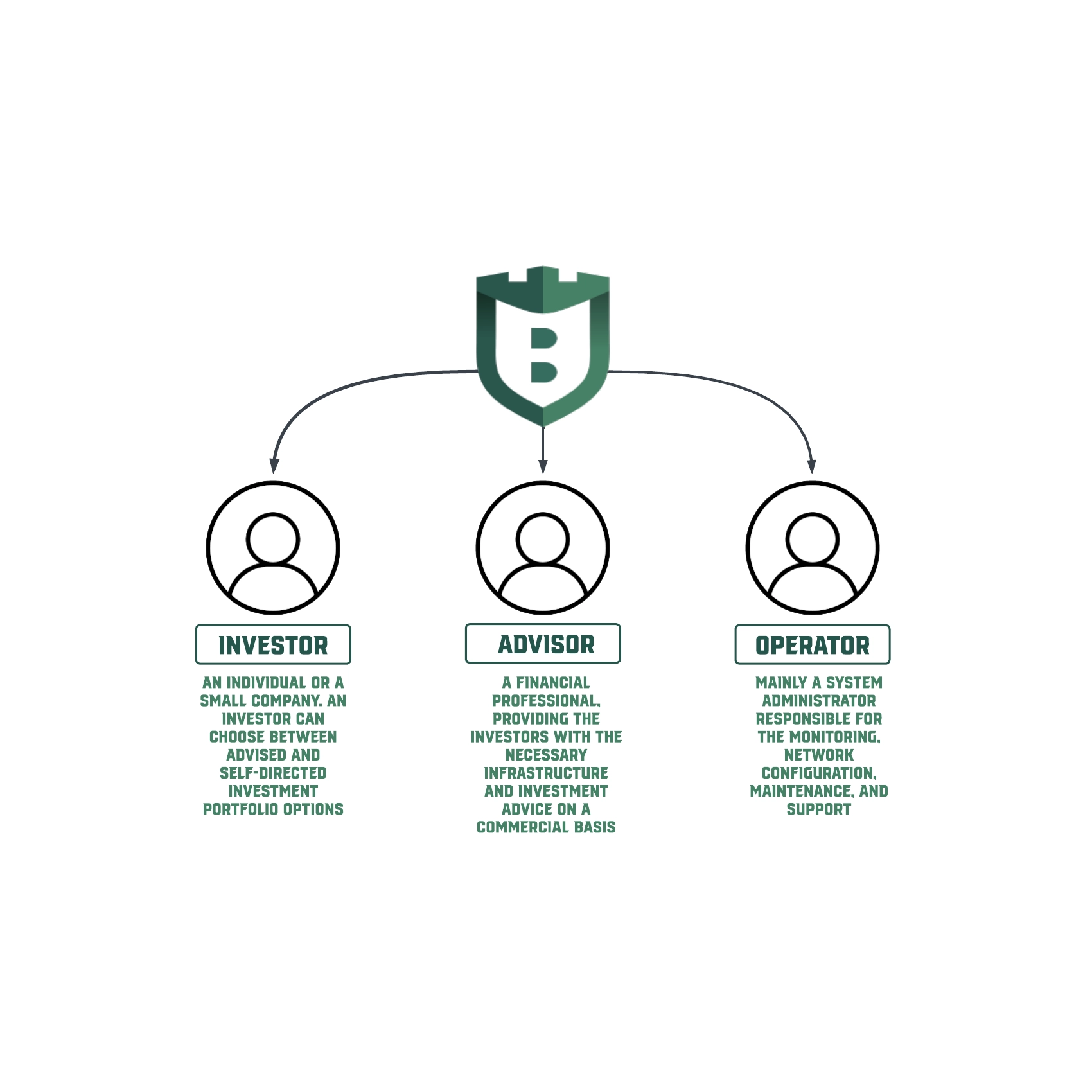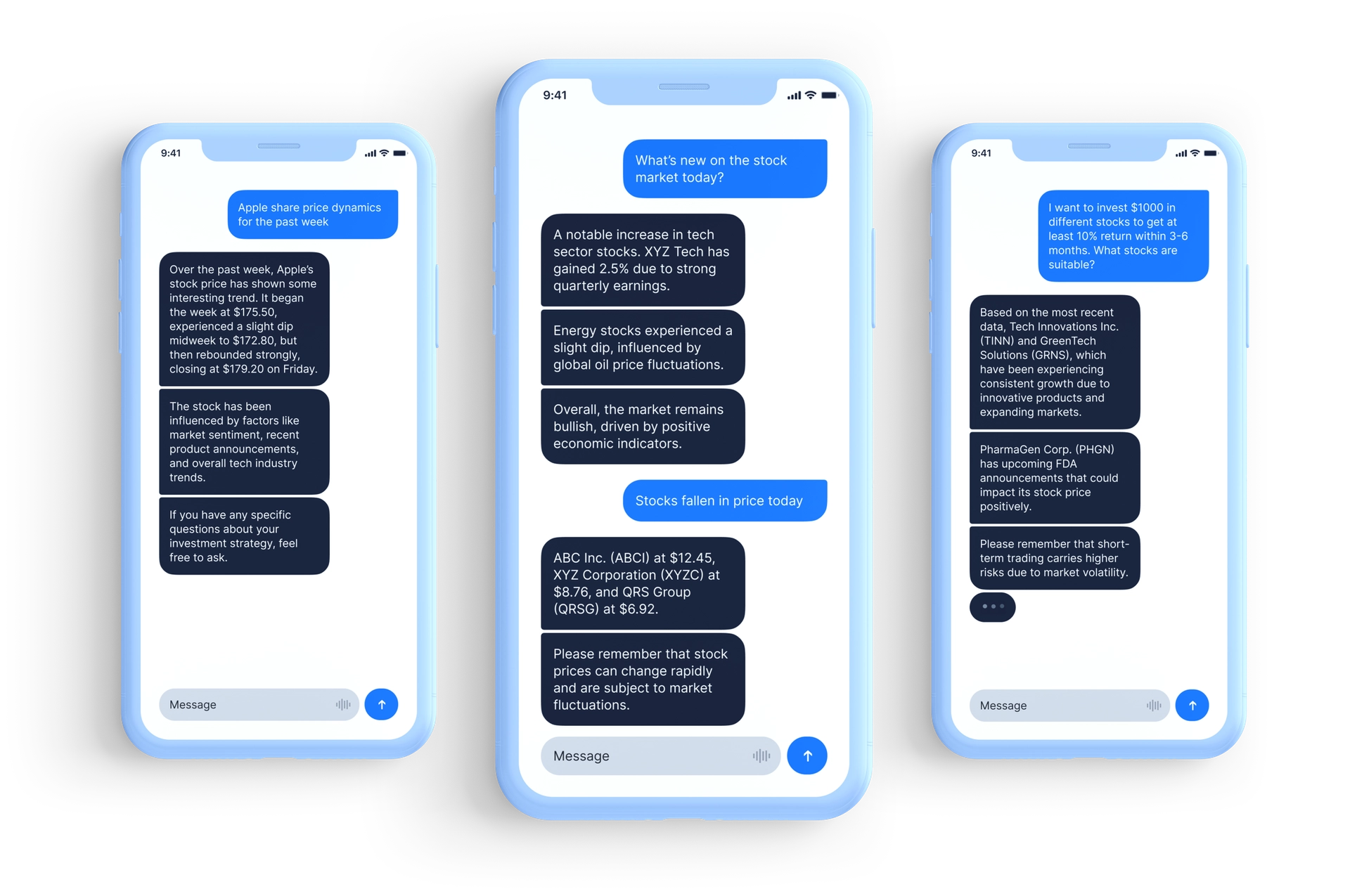Deep Learning in Healthcare: Game-changing Technology
Healthcare organizations generate a massive volume of data. Some sources even make the bold claim that the medical industry generates about 30% of all data worldwide. Although this sounds like a wealth of information, most of it goes unused. However, the application of deep learning in healthcare can change this unfortunate state of affairs, taking care delivery to the next level.
This brief guide to deep learning in healthcare will explain how this technology differs from artificial intelligence (AI) and machine learning (ML). We’ll also describe the main benefits of applying deep learning in medicine, its use cases, and the potential value for your healthcare organization.
What is the difference between AI, ML, and DL?
People often use the terms AI, ML, and DL interchangeably, but this is not entirely correct. Each of these terms means something different. So, let’s clarify to avoid any possible confusion.
Artificial intelligence
Artificial intelligence is an umbrella term used to describe any system capable of sensing its environment, learning from experience, and making correct conclusions based on data input with certain parameters. This includes mimicking human cognitive functions, perceiving external situations, and taking independent action based on this data.
AI is a wide field of research within computer science that covers robotics, computer vision, natural language processing (NLP), speech recognition, reasoning, and machine learning. Think Tesla’s self-driving cars; Google, Amazon, and Netflix search and recommendation engines; smart assistants like Siri and Alexa, etc. All these solutions are enabled by AI technology.
Machine learning
Machine learning is one of many subsets of the AI domain. It includes computer models that get better at their tasks with training and experience without being explicitly coded to do so. When a model gets a set of training data, it uses its algorithms to obtain specific outcomes from it.
The simplest examples of how machine learning does its magic include identifying objects in pictures (e.g., discerning cats from dogs), email filtering, and CAPTCHA obfuscation. After being trained with historical data, machine learning models can provide the same results in real time.
Deep learning
Deep learning is a more advanced subset of ML that has improved pattern recognition capabilities. Unlike other machine learning types, DL does not need training with structured/tagged data as the models learn to classify objects on their own. This is achieved by using multiple layers of neural networks with increasing levels of abstraction.
The input data is processed through these layers, and each layer hierarchically defines specific data attributes (like tails and fur in cat/dog pictures, foliage in landscape pictures, etc.). The more hidden layers there are, the more attributes can be processed, and so the more accurate the result is at the output layer.

This approach saves a ton of time that would have been spent training the model without compromising the accuracy of its predictions. So, DL models can process much larger volumes of data and tackle much more complicated tasks than ML algorithms.
As you can see, AI, ML, and DL are not equivalent to each other, which is important to keep in mind, so you implement your strategy correctly. But why implement deep learning in medicine in the first place?
What are the benefits of deep learning in healthcare?
Most medical records, scans, and images are high-dimensional, making them hard to interpret using standard tools. Besides, healthcare information is usually heterogeneous, meaning it comes in various formats. It is also sparse, with details on the same case often stored within several different databases. On top of that, most medical records are irregular, meaning most of them are made ad-hoc and not according to a schedule.
All of the above makes medical data analysis a hard task for ordinary software solutions. However, the application of deep learning in healthcare can overcome this challenge due to its multi-layered algorithmic architecture and ability to sift through data at high speed while remaining accurate and ensuring high efficiency of data representation.
Let’s take an in-depth look at the benefits of deep learning in medicine.
Reduced cost of medical care
Using deep learning in healthcare can help hospitals lower costs significantly across the board, from medical diagnostics to finances. Medical staff may spend hours reading through patient cases to find the necessary information and draw the right conclusions. Doing this using DL algorithms can help medical organizations get rid of this huge inefficiency gap.
DL-based solutions enable the checking of all available information much faster, providing end-users with insights into the areas of their responsibility. This allows hospitals to deploy valued experts where their skills are actually needed. By providing accurate results faster, the application of deep learning in medicine helps improve the outcomes of any data-driven workflow.
More accurate diagnoses
A trained DL algorithm with access to EHR and other medical data can combine multiple pieces of case-related information to present an accurate diagnosis quickly. As a result, doctors can start treatment faster, which can be lifesaving in critical situations. Faster diagnoses also help reduce the routine workload on healthcare professionals, allowing them to dedicate more time to patient care.
In addition, using deep learning in healthcare helps reduce the number of readmissions. When the DL algorithm processes all data related to each patient, doctors can gain insights they might otherwise have missed and create more effective treatment plans, which may lower the risk of readmission.
Decreased number of errors
Medical errors are believed to cause the death of 250,000 people in the US annually. Unlike clinicians, DL-based solutions miss and forget nothing. DL algorithms are sophisticated and accurate, and they can process huge volumes of data from disparate sources. This enables DL algorithms to support informed decision-making for doctors, which would have been impossible or too time-consuming otherwise. All of this helps reduce the number of medical errors.
Additionally, DL models can audit the existing prescriptions and diagnostic results, allowing mistakes to be spotted before they can seriously endanger a patient’s health and well-being.
Better use of available data
As we mentioned before, medical facilities acquire huge volumes of data but can rarely use it to its fullest potential. Applying DL algorithms to the data collected by a healthcare organization allows clinicians to process the information in full and gain valuable insights into care efficiency and the administrative process.
This helps both with global outcomes (diagnostics of diseases, drug discovery, etc.) and with personalized patient cases, where correct diagnoses allow doctors to select appropriate treatment plans faster.
It is only the tip of the iceberg, and each healthcare provider will surely find many more benefits from using deep learning in medicine based on their particular field of specialization. But what are the most relevant use cases for applying deep neural networks in healthcare practice? Let’s explore.
Use cases of deep learning in healthcare
Healthcare organizations can get considerable value from health data using DL algorithms. Below we list several popular use cases of deep learning in medicine that transform the way the industry works.
Imaging analytics and diagnostics
Identifying benign and malignant tumors, ulcers, and other conditions based on medical images and scans is one of the most popular applications of deep learning in healthcare.
DL models can analyze the scans from MRT (Magnetic Resonance Tomography) and CT (Computed Tomography) to perform image segmentation, disease detection, and prediction. This helps with diabetic retinopathy detection, ultrasound detection of breast nodules, or early Alzheimer’s detection. A study from 2018 showed that convolutional neural networks (CNNs) were able to identify melanoma in dermatology about 10% more precisely than trained experts.
Precision medicine
Precision medicine is a new concept in care delivery that takes into account individual case parameters (e.g., genetic profile, environment, lifestyle) to choose a highly personalized medicine for every patient. Its aim is to solve the main problems of a one-drug-fits-all approach that can lead to different outcomes for different patients struggling with the same disease.
This is especially useful in patients with brain function disorders, like attention deficit hyperactivity disorder (ADHD) or autism spectrum disorder (ASD). Treating such neurodevelopmental disorders is quite complicated, but using DL opens the way to predict the response to certain medications for every single case.
Although DL-based precision medicine is still at a nascent stage, some ML-based software solutions enabling personalized diagnostics are already entering the market. For example, Quantum created an NLP system that determines how gene mutations affect diseases. This solution analyzes extracts from the PubMed library, analyzes their contents, and helps clinicians determine whether genetic mutations might affect each patient’s disease.
Drug discovery
This field of medical research is becoming more and more complex every year due to the sheer amount of data various researchers add to medical libraries annually. Deep learning helps handle these large volumes of unstructured information to model the potential properties of drug candidates. This makes DL-based software quite a valuable predictive tool for virtual screening.
For example, DL can help in protein engineering as it enables researchers to explore various functions and interactions between proteins and other molecules. Also, when analyzing gene expression data with the help of advanced sequencing technologies, DL allows for the extraction of vast volumes of genomic information, which enables genomic modeling for drug repurposing.
Clinical decision support and predictive analytics
Even concentrating a wealth of data within your EHR system does not ensure clinicians can make use of it. The goal of clinical decision support (CDS) systems is to scan the amassed information to help doctors get valuable insights from it. In general, CDS software can help at four levels:
— data acquisition — extracting relevant standardized information from EHR records
— feature extraction — performing raw data measurements instead of health practitioners doing so
— interpretation — processing heterogeneous data in order to form a holistic view of the patient’s status
— decision support — using the knowledge from the previous step to predict clinical outcomes, treatment response, or alert staff to the need for a specific intervention.
If CDS systems are powered with deep learning, caregivers can accurately forecast the results of ongoing treatment based on historical and real-time patient information. In this way, doctors can prevent negative consequences instead of reacting to them.
For example, Quantum has developed an AI-powered decision support system that helps medical staff who work with patients with COVID-19 to choose the right treatment. Besides, it provides recommendations, for example, on whether hospitalization is needed.
We also created a solution that uses predictive analytics to quickly classify blood cancer types. AI algorithms help correctly identify the blood cancer type based on the patient’s demographics, CBC tests, historical data, and detailed results of chemical tests. This significantly speeds up the diagnostics process, allowing doctors to start the correct treatment early on.
Mental health research
Another use case of deep learning in healthcare is related to the mental health domain. DL-based solutions can help psychologists, and their clients identify the earliest signs of possible mental disorders. This can further assist in assigning personalized treatment plans based on the available individual mental health data.
In terms of clinical research, deep learning can provide predictive capabilities to reliably anticipate individual cognitive decline rates based on cognitive testing, MRI scans, and other data. For example, there are already DL models that can reduce the rate of false positives due to mood-based disorders when diagnosing Alzheimer’s disease and the early stages of dementia.
As you can see, there are various opportunities and use cases for deep learning in medicine. By combining them all within an integral solution, healthcare providers can significantly improve patient outcomes while reducing costs and supporting scientific research.
The future of deep learning in healthcare
The COVID-19 pandemic forced many healthcare providers to adopt the latest technology to be able to cope with an increased workload with minimal resources. Using tools and data with maximum efficiency is the optimal way to remain competitive in times of crisis.
This is exactly where deep learning in medicine comes in handy. By applying neural networks to various aspects of their operations, healthcare organizations can drastically reduce the cost of care, increase the speed of diagnosis and recovery, and provide personalized patient experiences.
Quantum can help you achieve these goals. We’ve developed a number of custom software solutions for medical organizations, from complex DL-based tools to a therapy management platform. So, if you want to create a cutting-edge solution, drop us a line. We are ready to assist you.





